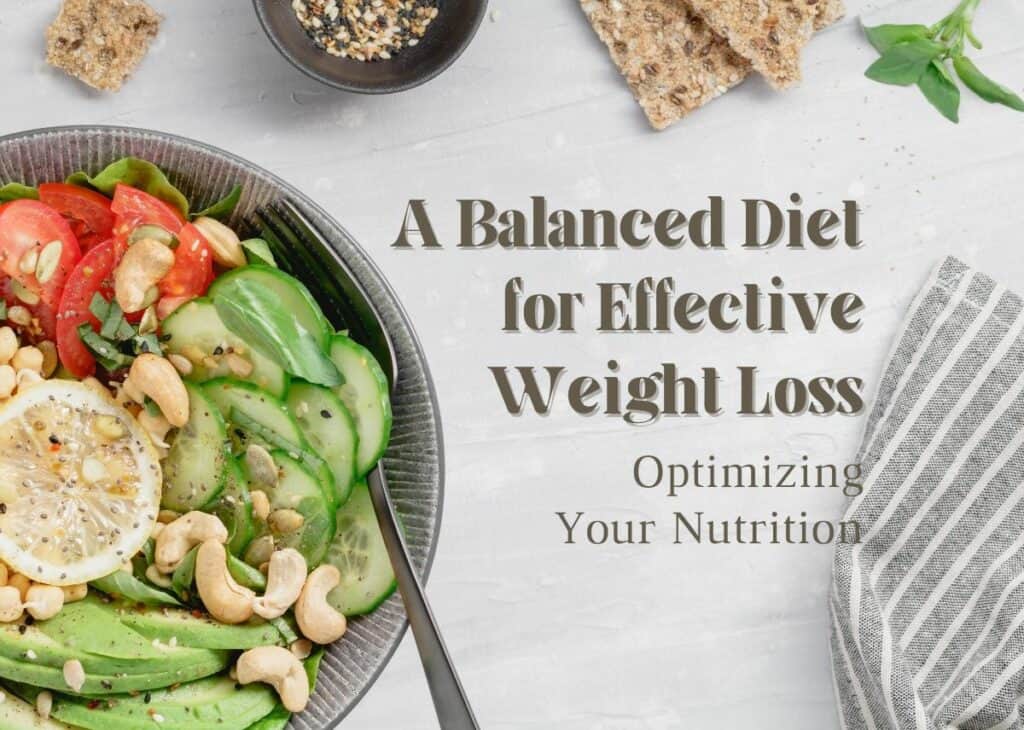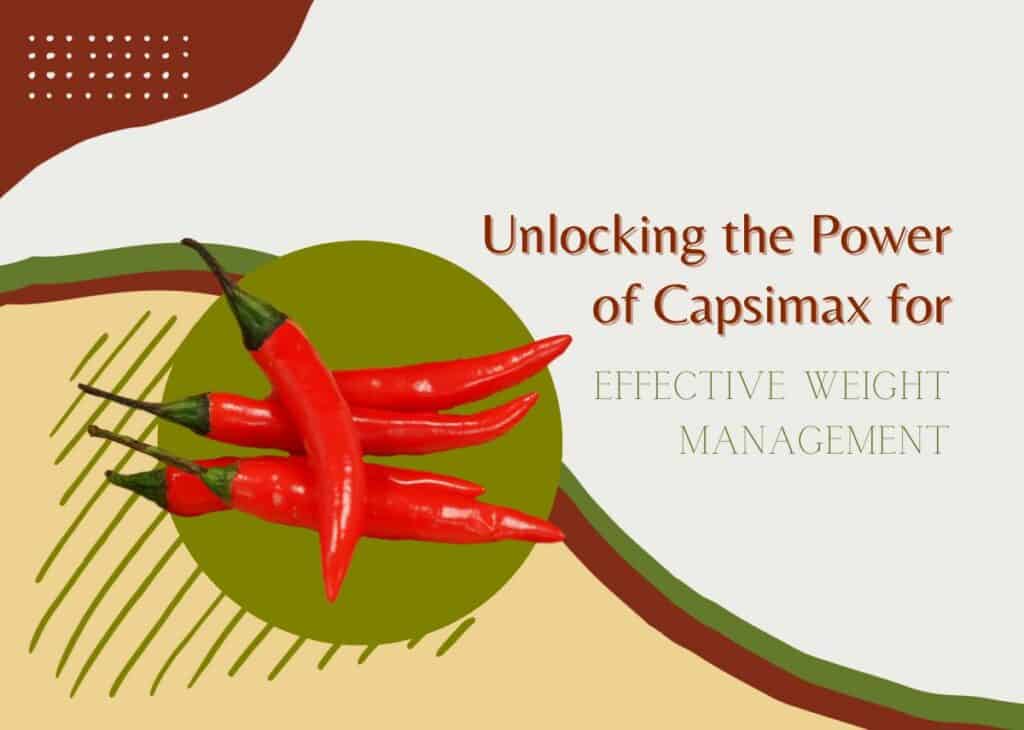Optimize Sleep and Manage Stress for Effective Weight Loss

In the quest for effective weight loss, people often focus on diet and exercise, neglecting two crucial factors that play a significant role in achieving their goals: sleep and stress management. In this comprehensive guide, we’ll explore the interconnection between quality sleep, stress reduction, and weight loss.
Table of Contents
By optimizing these aspects of your life, you can improve your chances of shedding those extra pounds and enjoying a healthier, more balanced lifestyle.
The Sleep-Stress-Weight Loss Connection
To understand the importance of sleep and stress management in weight loss, it’s essential to recognize the intricate relationship between them. Poor sleep patterns and chronic stress can lead to hormonal imbalances and an increase in appetite, making it more challenging to maintain a healthy weight. Here’s how these factors are interconnected:
1. Hormonal Regulation
- Sleep: A lack of sleep can disrupt the body’s hormonal balance, primarily affecting ghrelin and leptin, the hunger and fullness hormones, respectively. When you’re sleep-deprived, ghrelin levels rise, making you feel hungrier, while leptin levels decrease, making it harder to recognize when you’re full.
- Stress: Chronic stress can lead to an overproduction of cortisol, a stress hormone. Elevated cortisol levels can trigger increased appetite, particularly for high-calorie, sugary foods, and lead to fat accumulation, especially in the abdominal area.
Additionally, incorporating supplements like Gluconite may aid in sleep and stress management while supporting healthy hormonal function. It contains a blend of natural ingredients such as vitamins, minerals, and herbs that work synergistically to regulate blood sugar levels, improve insulin sensitivity, and enhance sleep patterns.
2. Emotional Well-being
- Sleep: Insufficient sleep can negatively impact your mood and emotional resilience, making you more susceptible to stress and emotional eating.
- Stress: High levels of stress can lead to emotional eating and cravings for comfort foods, which are often unhealthy and calorie-dense.
3. Energy Levels
- Sleep: When you’re well-rested, you have more energy to engage in physical activities and make better food choices.
- Stress: Chronic stress can lead to fatigue, reducing your motivation to exercise and increasing your reliance on unhealthy, high-calorie foods for quick energy.
Now that we’ve established the connection, let’s delve into the strategies to optimize sleep and manage stress for effective weight loss.
Optimizing Sleep for Weight Loss

1. Establish a Consistent Sleep Schedule
- Go to bed and wake up at the same times every day, even on weekends.
- Aim for 7-9 hours of quality sleep each night to support weight loss efforts.
2. Create a Relaxing Bedtime Routine
- Engage in calming activities like reading, meditation, or a warm bath to unwind before sleep.
- Avoid stimulating activities like intense exercise or using electronic devices right before bedtime.
3. Enhance Your Sleep Environment
- Ensure your bedroom is dark, quiet, and at a comfortable temperature.
- Invest in a comfortable mattress and pillows to promote restful sleep.
4. Limit Caffeine and Alcohol
- Avoid caffeine and alcohol close to bedtime, as they can disrupt your sleep cycle.
5. Manage Stress
- Reduce stress through relaxation techniques such as deep breathing, progressive muscle relaxation, or mindfulness meditation.
Managing Stress for Weight Loss
1. Identify Stress Triggers
- Recognize the sources of stress in your life, whether they’re related to work, relationships, or personal issues.
2. Time Management
- Prioritize tasks and allocate time for relaxation and self-care in your daily schedule.
3. Exercise Regularly
- Physical activity is an excellent stress-reducer. Engage in activities you enjoy, whether it’s walking, jogging, yoga, or dancing.
4. Healthy Diet
- Consume a balanced diet rich in whole foods, including fruits, vegetables, whole grains, lean protein, and healthy fats.
- Avoid excessive caffeine, sugar, and processed foods that can exacerbate stress.
5. Get Support
- Reach out to friends, family, or a professional therapist to discuss your stressors and find healthy ways to cope.
Combining Sleep and Stress Management for Effective Weight Loss
1. Mindful Eating
- Practice mindful eating by being present during meals, savoring your food, and listening to your body’s hunger and fullness cues.
2. Regular Physical Activity
- Maintain a consistent exercise routine, combining aerobic activities with strength training for maximum benefits.
3. Stay Hydrated
- Drink plenty of water to support overall health and control your appetite.
4. Track Your Progress
- Keep a journal to monitor your sleep patterns, stress levels, and weight loss progress. This can help you identify areas that need improvement.
Conclusion
Achieving effective weight loss goes beyond diet and exercise; optimizing your sleep and managing stress play critical roles in your journey. By understanding the connection between these factors and implementing the strategies outlined in this guide, you can create a comprehensive approach to improving your overall well-being and achieving your weight loss goals.
Remember that patience and consistency are key, and seeking professional guidance when needed can also be a valuable part of your weight loss journey. With these holistic strategies in place, you’ll be on your way to a healthier, happier, and slimmer you.
Also Read:
- How to Lose Weight Fast Naturally in 10 Simple Steps
- 4 Diets That Have Proven To Support Faster Weight Loss
- Fad Diets Facts, Fiction And Their Unrealistic Weight-loss Claims
- Non Fattening Alcoholic Beverages – 9 Best Low-calorie Alcoholic Beverages If Weight Loss Is Your Goal
- 17 Detox Drinks For Weight Loss, Flat Belly And Body Cleanse | Healthy Drink Recipes For Weight Loss


















